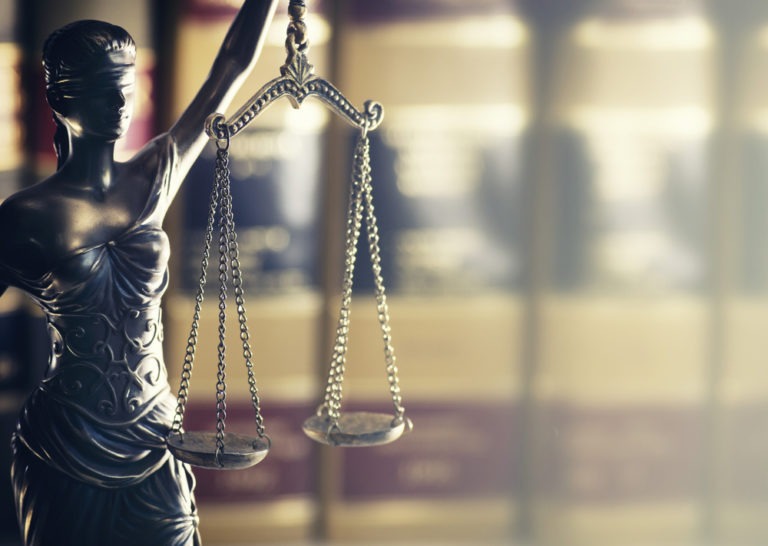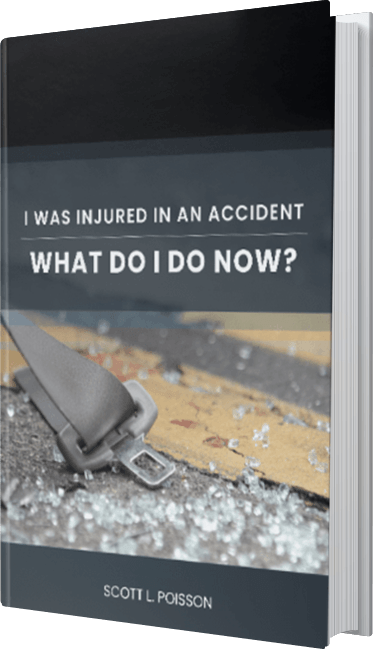What Is the Statute of Limitations for a Premises Liability Claim?
November 22, 2022

The statute of limitations for a premises liability lawsuit is two years, according to NRS §11.190(4)(e).
When you have been hurt on another’s property, you will likely be looking for justice. Filing a premises liability claim is your right and could result in financial compensation for what you went through.
Who Can You Sue for a Premises Liability Accident?
Before you got hurt on someone’s property, you probably were not thinking about who you could sue. Now that you have been injured, though, you need to get an answer to this question. The party that is liable for your accident is the one you will likely sue for compensation, rather than the person who caused the accident.
For example, if a store worker failed to clean up a spill on the floor and you were injured in a slip and fall accident, you will probably not be suing the store worker. You would sue the owner of the store or the company itself if it was a corporation as defined by the Internal Revenue Service (IRS).
If you were hurt on a homeowner’s property, you could sue the homeowner. If you were injured at a rental property, you could sue the landlord/landlady. A few more examples of parties that could be sued under premises liability laws in New York include:
- Schools/school districts
- The government
- Companies/store owners
- Landlords/landladies
- Homeowners
- Property owners
How the Process of Filing a Premises Liability Claim Works
Filing a claim for a property accident follows the process outlined below.
- You would first figure out what caused your accident and who was responsible. You would want to gather as much evidence as possible during this initial investigation stage to be used later to prove your case. For example, if you were bitten by a dog at a neighbor’s house, you may want to take photos of your injuries or take video footage of the incident (or someone else can do this).
- You would put together into a cohesive case all the evidence you have that proves the fault of the property owner as well as proves your damages. For example, medical evidence can be key to proving fault and the extent of your physical injuries and should be included in your claim.
- You can calculate how much compensation you are owed by adding up the value of all of your losses. You can be compensated for financial losses and non-financial losses.
- You would submit your claim to the at-fault person’s insurance company.
- The insurance company will negotiate with you to come up with an amount of money you are owed for your accident and losses, often called a settlement.
- You agree to the settlement amount, or further negotiations commence.
- You take your case to trial if negotiations with the insurance company do not yield fair compensation.
Types of Compensation You May Qualify For
Fair compensation for premises liability accidents should account for all of your losses, both monetary and non-monetary. For instance, you should be paid for medical bills and lost income but also for mental trauma and physical pain.
Below is a list of compensatory damages in some premises liability claims:
- Pain and suffering
- Medical bills
- Lost wages
- Lost future wages
- Mental distress
- Cost of mental health treatment
- Cost of physical therapy
- Lost life enjoyment
- Scarring
- Disfigurement
- Permanent disability
Seek Legal Help with an Attorney When Filing a Premises Liability Claim
Our lawyers can help you investigate your accident, prove fault, prove your injuries, and calculate your claim’s value. We can also deal with insurance negotiations, claim paperwork, and court hearings. Get your questions answered by calling High Stakes Injury Law for a free case evaluation.
Get A 100% Free Case Evaluation
From A Top-Rated Personal Injury Attorney
Call: (702) 707-5934 or Contact Us Online
$9M
Settlement / Auto Accident
$5.1M
Settlement / Tire Explosion
$3M
Settlement / Truck Accident
01
02
03
04

I Was Injured In An Accident.
What Do I Do Now?
By Scott L. Poisson

Do I Have A Case?

Dealing With The Insurance Company

When a Lawsuit Is Filed

Overcoming Common Defense Themes

Special Considerations in Specific Types of Cases
